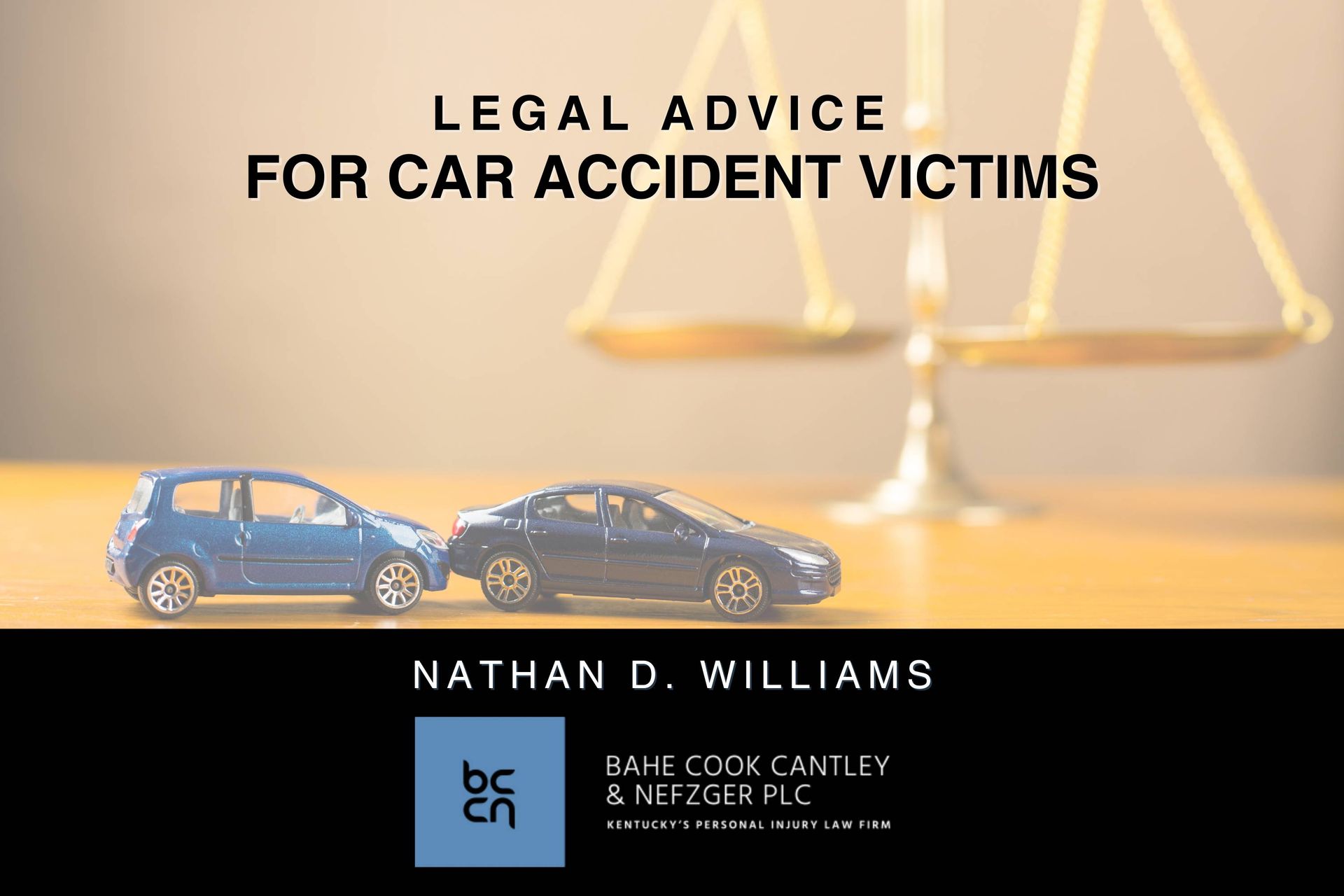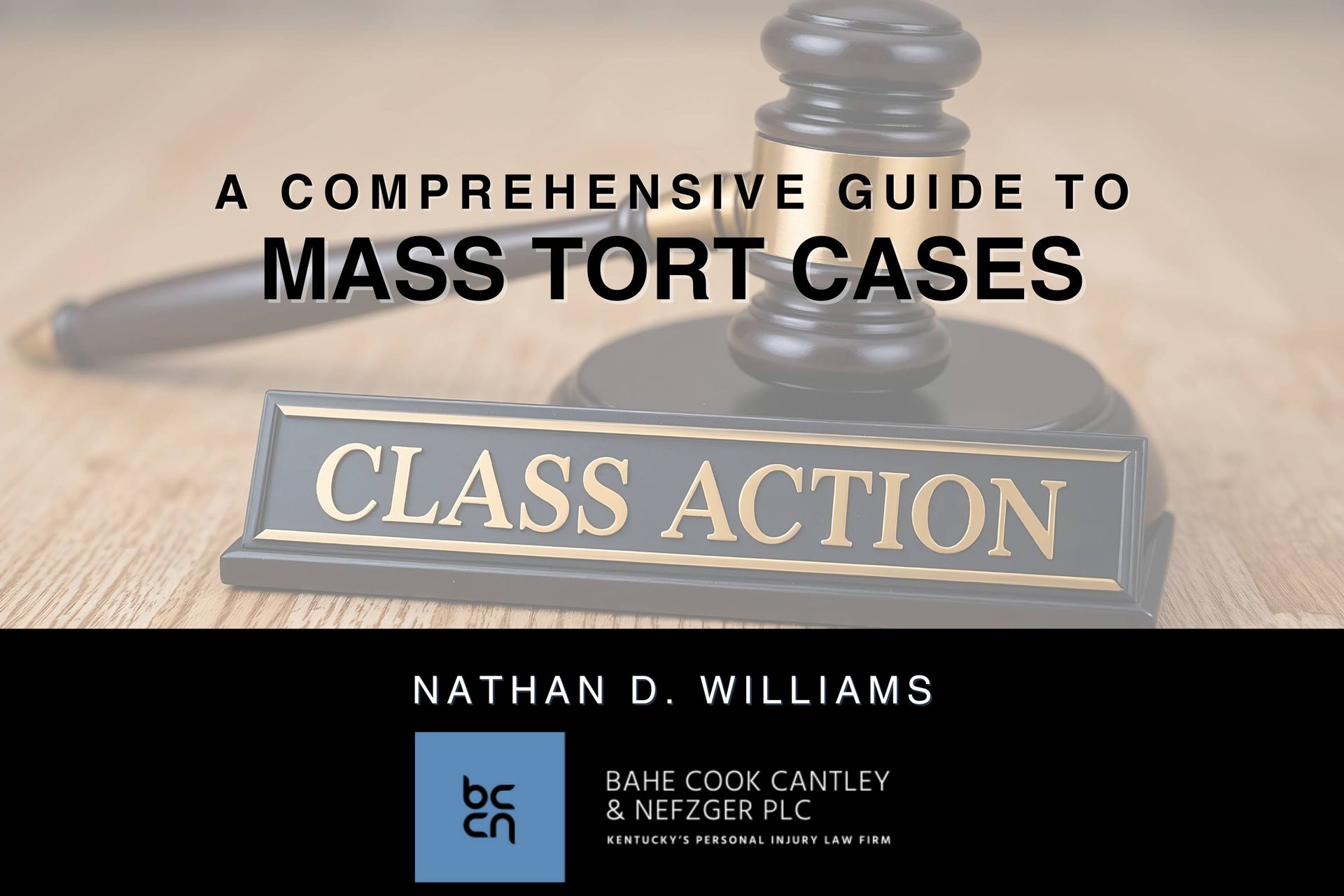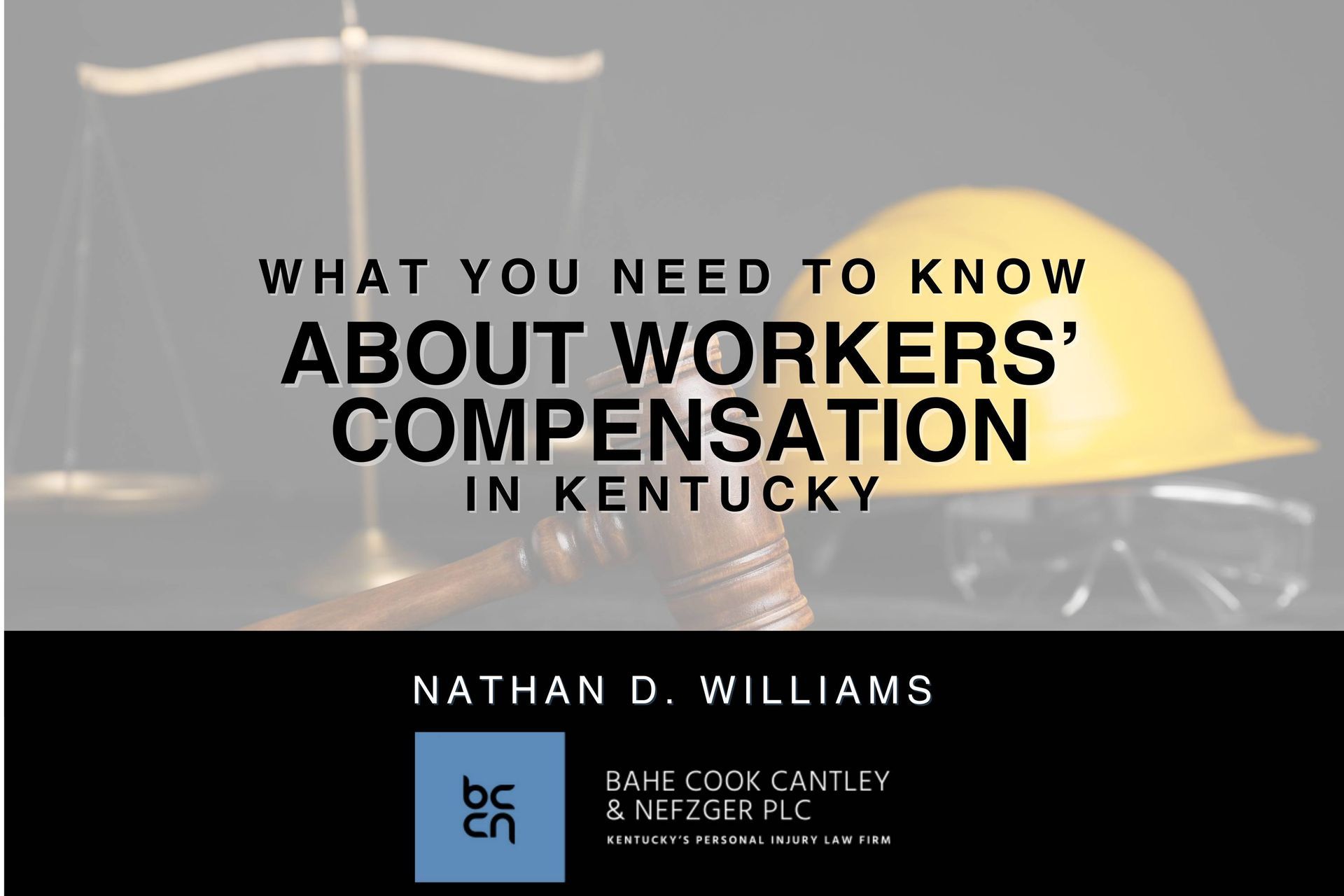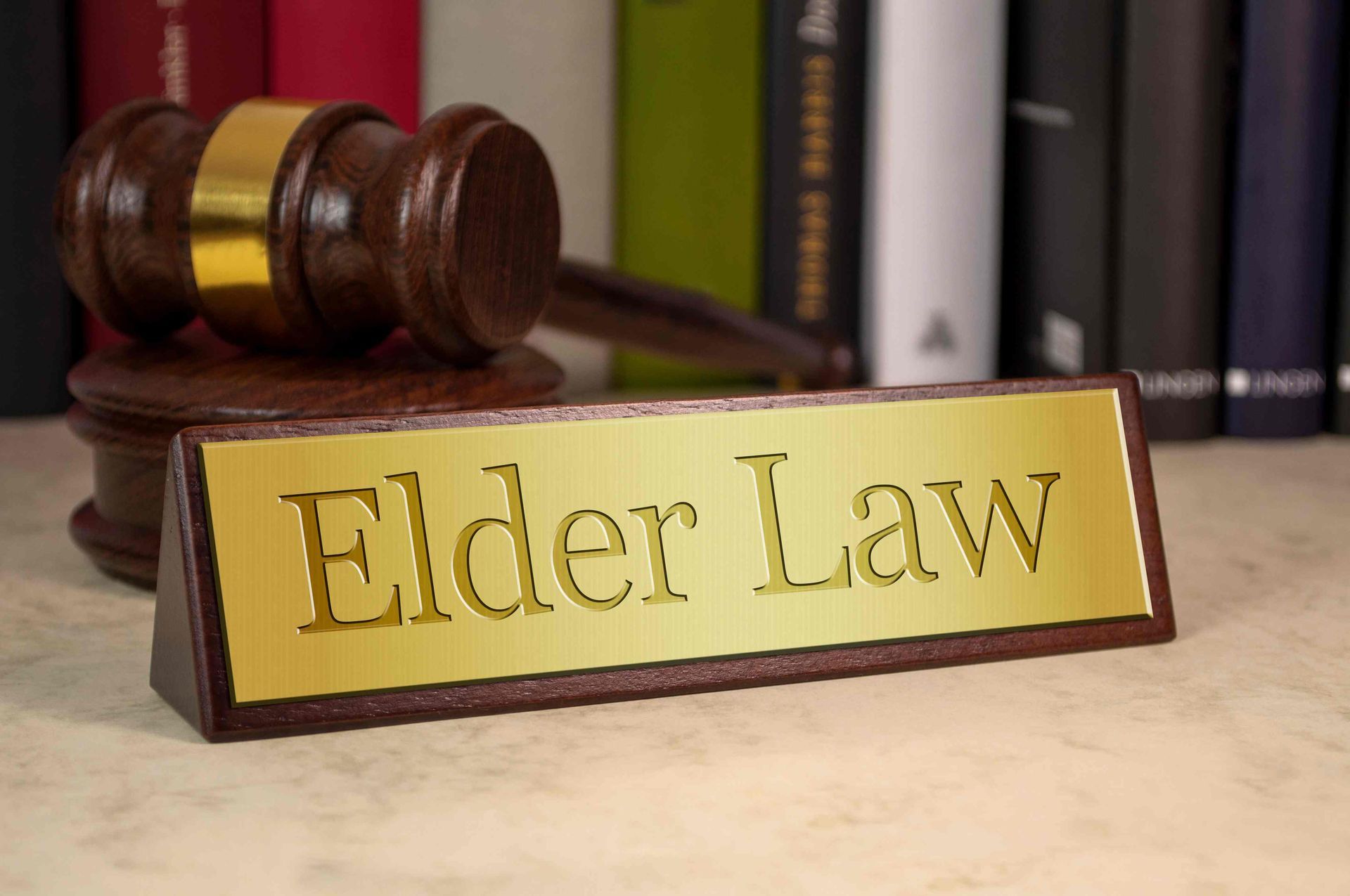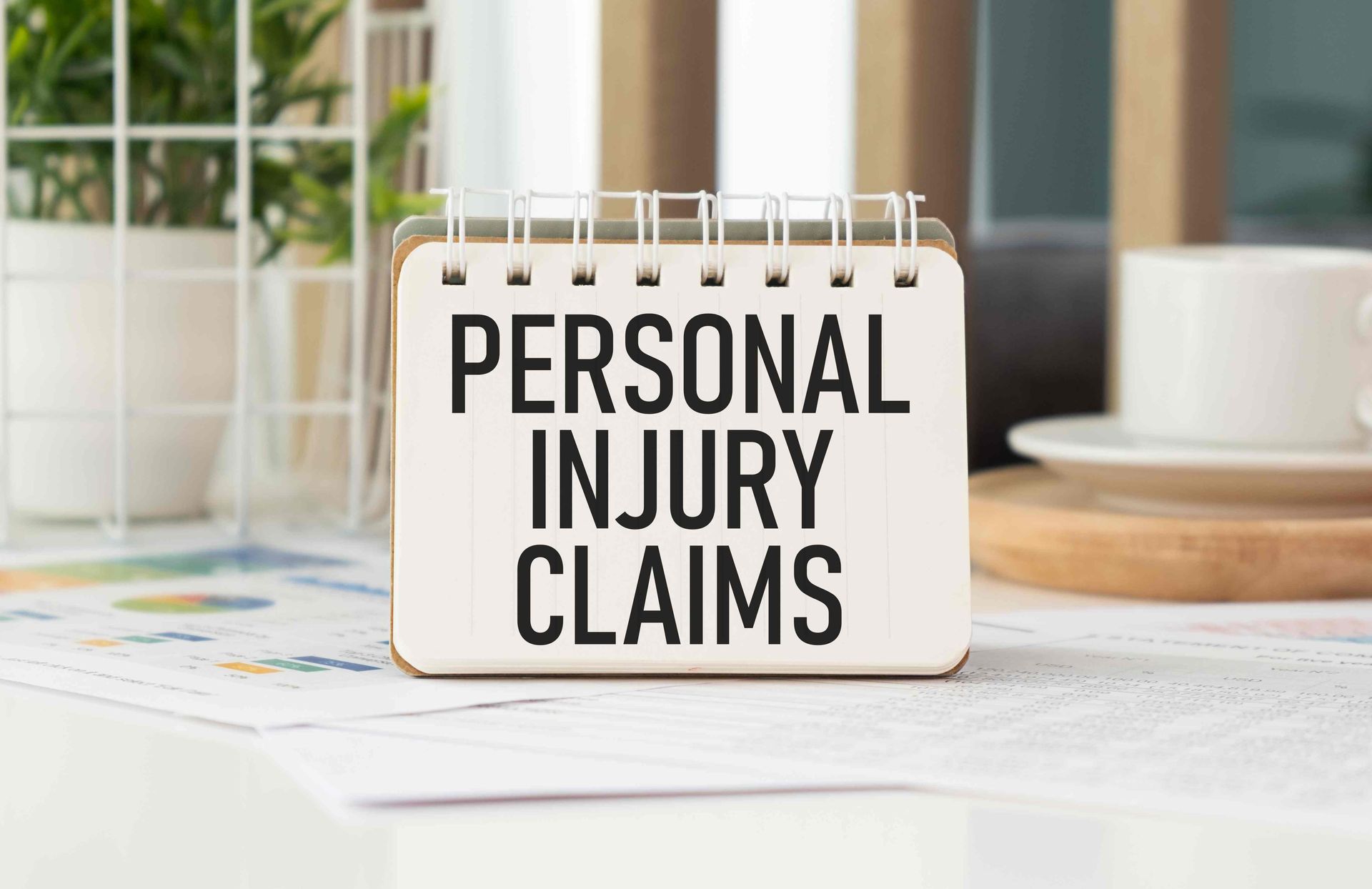What Happens if You Lie to the Insurance Company
The Kentucky Office of Highway Safety (KOHLS) reported 780 fatalities in 2022, with many others resulting in property damage and injuries of varying degrees. The numbers show that vehicular accidents are more common than we might think and that anyone can be involved in one, even if they’re careful.
If you find yourself in a traffic accident, your first priority is to ensure everyone’s safety, including yours. Once everyone is safe and has access to the medical care they need, you can begin working with your insurance provider to help you recoup any losses.
While it may be tempting to exaggerate or misrepresent some facts to perhaps receive a larger amount for damages, don’t. Even if it’s innocently done out of ignorance, lying to your insurer falls under insurance fraud.
Bahe Cook Cantley & Nefzger PLC gives you the rundown on what happens if you lie to the insurance company about the accident. But first, let’s take a look at —

Lies That People Tell Their Insurance Companies
Here are some things that people commonly lie about to their insurance providers:
Claim History
A No Claim Bonus (NCB) is awarded to individuals who do not file any car insurance claims during a policy term. Beginning in the second year, it can fetch a 20% to 50% discount on premiums. Since it can make a huge difference to the monthly comprehensive car insurance policy, millions of Americans lie about their claim history when switching to a new insurance provider.
But insurance companies don’t take kindly to dishonesty so any savings you might have enjoyed can come at a considerable cost in the event of an accident.
The Condition of the Car
People can come under fire for misrepresenting or not fully disclosing the condition of their car whether it’s to limit liability or lower their vehicle’s depreciation.
They might also attempt to pass on the cost of repairs and replacements to the insurance company. They share false information when raising a claim, stating that their car’s previous damages were part of a recent accident to get compensated for it.
Some people even manipulate the eligibility criteria for add-on coverage.
How a Car Is Used
Insurance policies are based on how a car is used. For example, a personal car won’t sustain the same wear and tear as a commercial vehicle that is driven a whole lot more. Since commercial vehicles have higher risks for losses and damages, their deductibles and monthly premiums are naturally higher.
To get out of paying larger premiums, many people get personal insurance and use their vehicles for commercial purposes despite legal ramifications.
Driving History
A single driving violation could force you to shell up to 70% more on average. Though wrong, a lot of people lie about being issued tickets, not knowing that insurance providers can take a look at their driving records
What Insurance Companies May Do if Your Lie Is Discovered
If your insurance company discovered that you lied to them, here’s what could happen:
Your Claim Will Be Denied
When you file a claim, the insurance company will send an employee or adjuster to conduct due diligence. They usually check police reports and documentary evidence like photos and video recordings, get insight from witnesses, etc., to verify the facts and find discrepancies before approving your claim.
If they find out that you provided false information, they have a good enough reason to reject the claim straightaway.
Your Policy May Be Canceled
The basis of the relationship between the insurance provider and the insured is trust and good faith. When the car owner fails to provide accurate details about the extent of the damages, that trust is violated and destroyed. Hence, it can lead to your policy being canceled and make it harder for you to get insurance.
Your Premiums Will Increase
Lying to insurance providers has far-reaching consequences. Being considered high-risk is one of them. Many believe that the classification is reserved for new drivers or people with high-risk occupations, those with a history of driving offenses, or people with criminal convictions, but it also includes individuals who make false and frequent claims.
The Legal Consequences of Lying to Your Car Insurance Company
According to Kentucky Revised Statutes section 304.47-020 (Fraudulent Insurance Act), presenting false, incomplete, or misleading statements to the insurer or assisting or conspiring with another party to commit a fraudulent act is a criminal offense.
So, if you knowingly lie to the insurance company about an accident, they can file a counterclaim against you and get you convicted in a court of law.
Based on the extent of the claim or money involved, you may be imprisoned and obligated to pay a fine between $1,000 and $5,000 for a misdemeanor and $10,000 and $100,000 for a felony charge. You will also be responsible for any victims who suffered the consequences of your violation. This may entail providing them with compensatory damages to cover investigation and litigation expenses, among other things.
How Do You Prove That Your Evidence Is Real?
To make claiming insurance smoother and faster, you need to back up your claims with as much evidence as possible. So, it’s recommended to have:
- Pictures and videos from the scene of the accident
- The weather report, exact location, and time of the accident
- A copy of the police report
- Any available surveillance footage
- Medical reports and receipts
- The contact information of witnesses and people involved
- Personal and employment records to demonstrate losses
At times, you may also need expert testimony to establish negligence. This is something your personal injury lawyer can take care of—provided you choose the right one by taking these factors into consideration. They can strengthen your case with the knowledge and opinions of industry leaders to maximize your payout.
Contact a Car Accident Attorney Today
Filing car insurance claims is a lengthy process. It entails gathering extensive documentation, working with the police if necessary, contacting your insurer, and having your car inspected by an adjuster.
If you’re worried or unsure about relaying what happened to your insurance provider, consult Nathan D. Williams, attorney at law at Bahe Cook Cantley & Nefzger PLC. We will use our legal expertise and experience to evaluate your case, determine liability, work with your insurer, and give you the representation you need so you get the compensation you deserve. Depending on the accident, we may be able to help you recover expenses from medical bills, vehicle repairs or replacement, permanent disability, lost wages, and more.
The first step is to give us a call at (270) 789-0088. You can also leave us a message.

